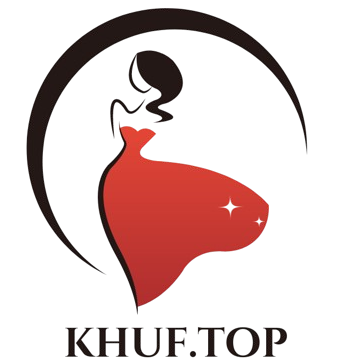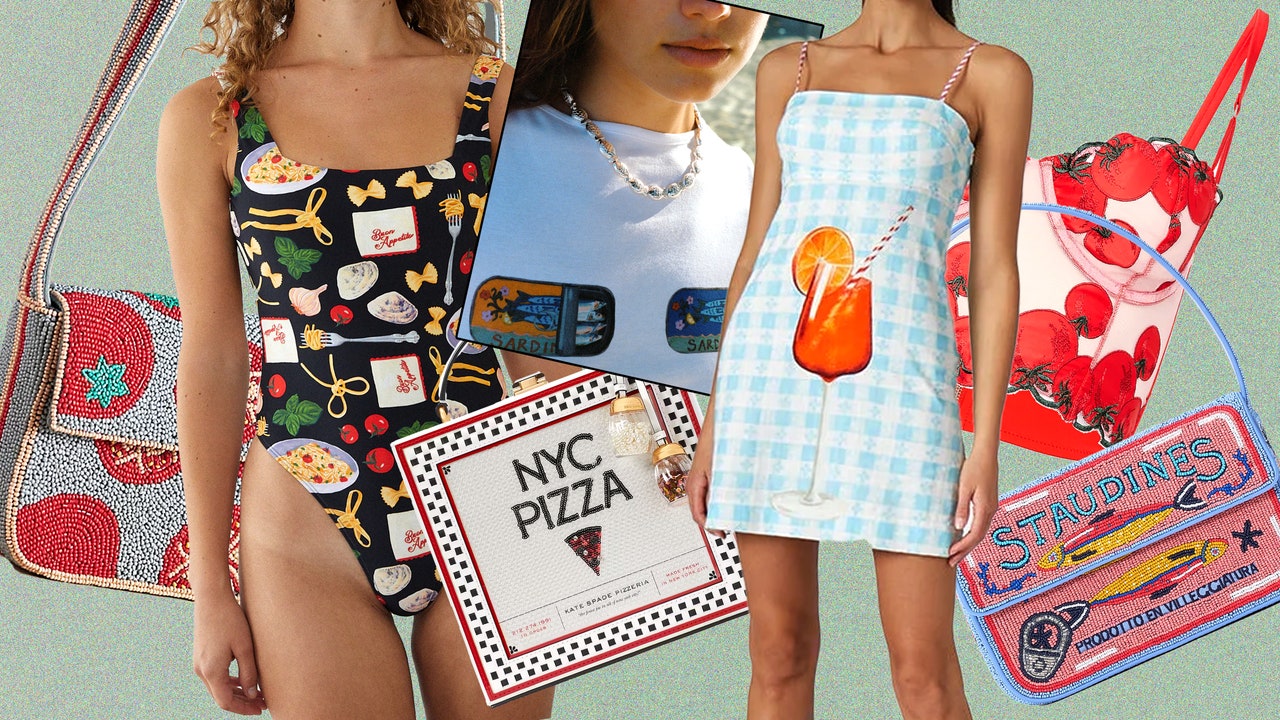It started with shrimp—the summertime in 2022. Then, as the spring of 2023 approached, started to appear like cool tins of fish that you would bring back from your Euro summers. The heirloom tomatoes was removed from the, and Hispanic luxury company Loewe stitched sauce plates and Aperol spritzes onto dresses.
Today, two years later, it feels like every clothing store has some variety of “gourmand clothes” and accessories, as landlord Stephanie Nass calls them. Kate Spade collaborates with Heinz to spray sauce across sacks and boots, Rachel Anotonoff weaves, and every Lisa Says Gah clothing is covered in a mishmash of meals. You can’t just wear a chic outfit to the aperitivo bar. Your shirt also has the apertivo embroidered virtually on it. Even if there’s no board for you at, all knows you’ve got beautiful taste in brine-y meals because you’ve got olive on your trousers.
You’ll probably find a full section dedicated to food charms on any website that sells appeal necklaces. The artistic director and founder of fairy charms, which included fish cans and sardines, is remembered for their release. “The fish earrings were the ones that nobody wanted,” Armstrong says.
As Elizabeth Way, associate director of wardrobe at the Museum of FIT, puts it, “Food is a talisman of individual identity. How you eat is like a slice physical orientation”, says restaurant. “Like, ‘Hi, I’m Sophia, I’m queer, and I eat food a bit.’ It’s just another way to describe who you are. It was compared to wearing a strap T-shirt, according to the food artist.
Fierro sought inspiration from a Barilla field when creating a custom shawl for the brand’s 100th anniversary, leaning into the strong blue and gold colours and the odd shape of the spaghetti. The final point of a person’s identity is in food.
These pieces of food style absolutely show who we are and what we like as “taste.” “I think it actually resonates with customer’s emotions and ideas”, says Lisa Says Gah CEO and founder Lisa Bühler in reference to her company’s new food choices. “It’s a bit of what your life is reflecting with what you’re doing—meeting up with friends or going to restaurants or traveling.”
When Way and her coworker Melissa Marra-Alvarez curated the Museum at FIT’s show and book next year, they set a long-standing precedence for this trend. Food, Way information, has always been a method of signaling something about an individual or group. According to Marra-Alvarez, curator of education and research at the FIT, “food and fashion have always been a form of soft power,” as a way to display influence by claiming that I have much culture and taste to have this thing.

